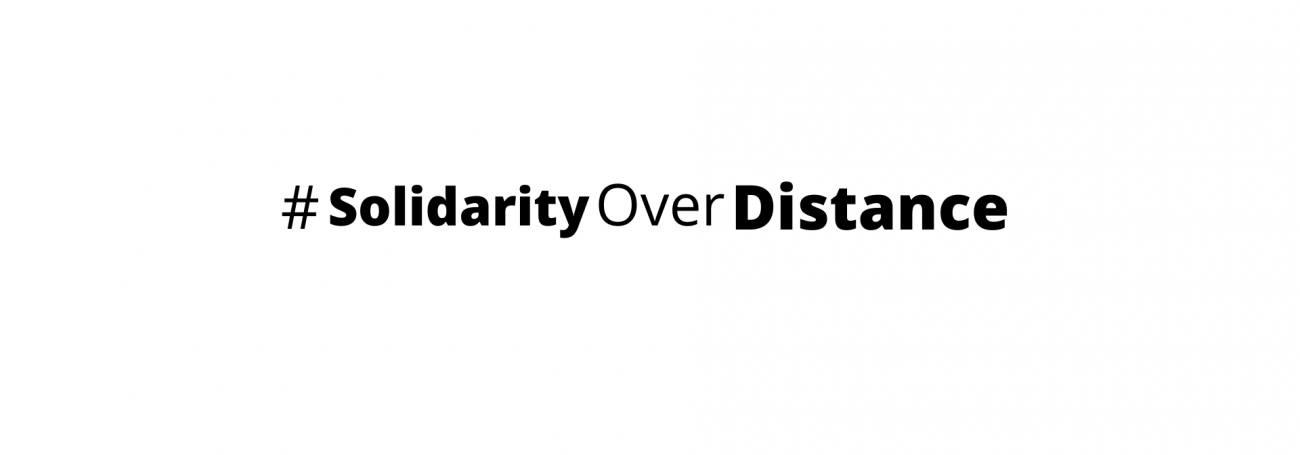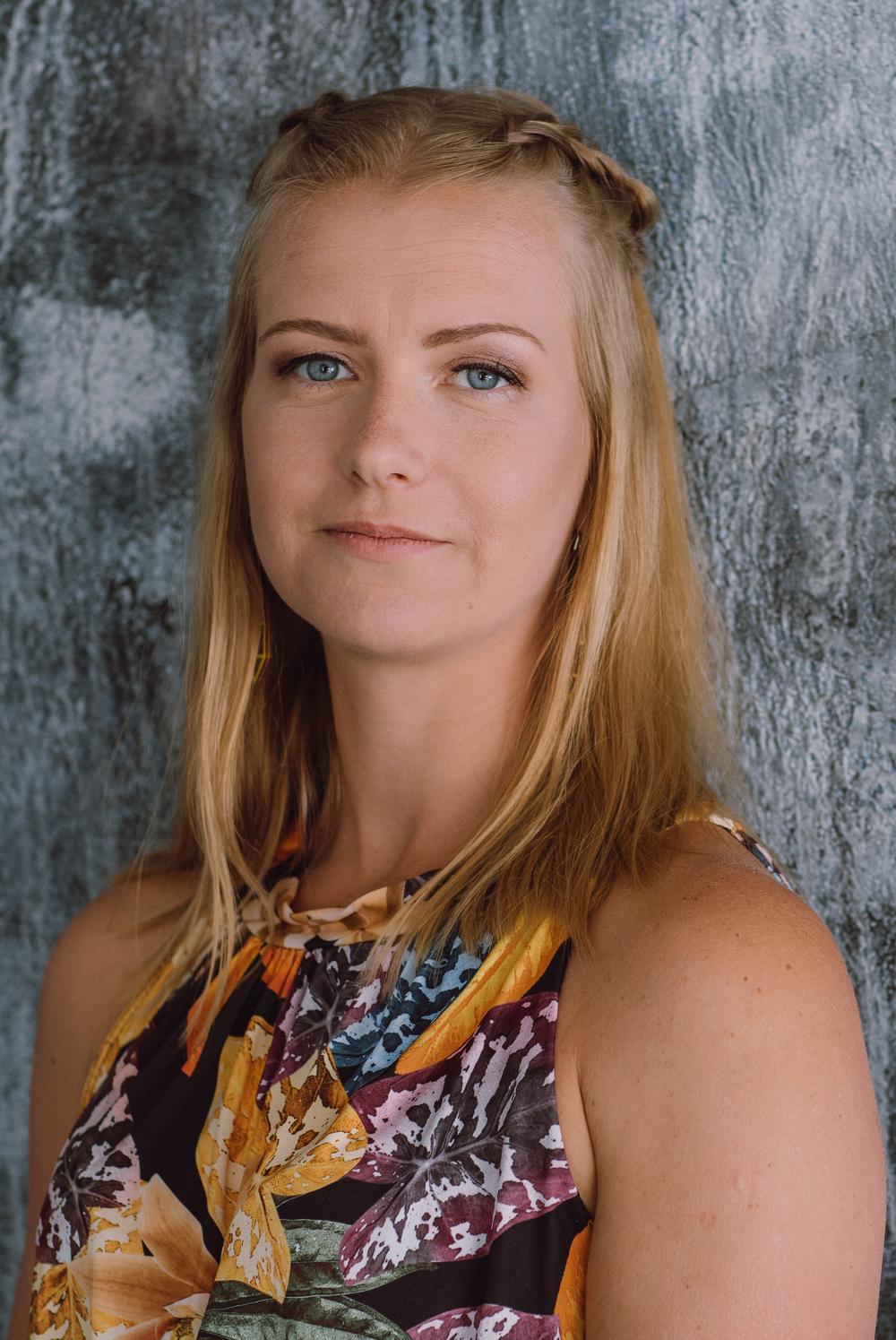You mentioned that in some cases people who contracted the virus were blamed. It is something that seemed to occur in the other countries as well. How can professionals deal with such situations?
Information is the key here. Providing information for the communities is the most important. Fear among the people is significant, and there is a lot of uncertainty. For example, we do not know if the people who are healed from Covid-19 can get sick again. We know about different cases when people were thrown out from local shops and there is some finger pointing going on. In such situations professionals and members of the community have a lot of work to do, because there can be long-term consequences.
How can professionals working in mediation respond to such problems?
It starts at how and what the people are talking, and it is also significant, what kind of information will be available. The actions the government and local communities can make are both essential, for example supporting people who loose their jobs.
At the Social Insurance Board we offer different assistance and information services, victim support helpline, support on different levels. We also plan to offer different circles for communities, so affected people can share their thoughts and feelings about the ongoing situation in safe environment. If there is an existing conflict, we can offer conflict mediation on a virtual platform.
Can you carry on with mediation?
At the moment, our regular mediation service has been put on hold. We make phone calls and inform the parties that we received the decision allowing mediation, but we cannot meet them in person because of the imposed restrictions. We started to explore how to move our mediation online because if we wait one or two months more there will be too many cases, and the mediators will have too much work to do. We have been using mainly Skype for this. I have to instruct and encourage the mediators, as not all of them are ready for this kind of shift. One of their main concerns is that we can never be sure who else is in the room, since we can only see an area framed by the camera. It could be that during a preparatory talk even the perpetrator is present without us noticing it. Another issue is of course that many people do not have access to the internet. I am happy though that most of them are ready to explore solutions to the emerging issues.
Is the time limit for mediation in penal cases still applicable in Estonia?
Mediation in penal cases come to us mostly from prosecutor’s office. We used to have two months for mediation, now this is extended to three months because of the restrictions. One of our challenges is that many people who have to take part in mediation do not have opportunities to go online. We still try to offer this opportunity for the parties to reduce the workload of our mediators after the restrictions are lifted.



